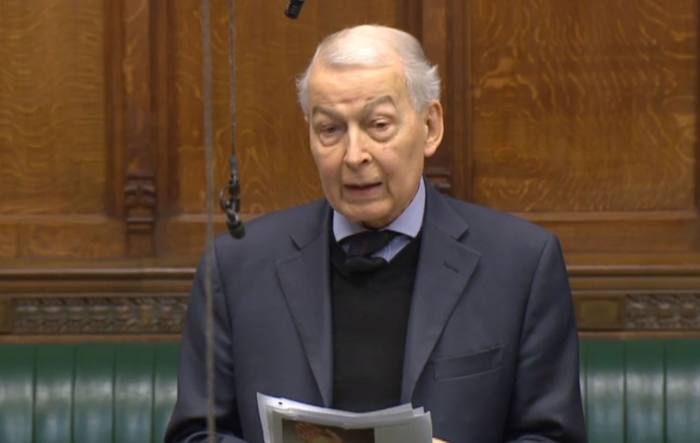
Retaining the triple lock on pension increases is unsustainable and will result in the UK's poorest people dying before they receive a penny of state pension, a new report has claimed.
The report, commissioned by the Work and Pensions select committee and carried out by the Institute for Fiscal Studies, argues that keeping the triple lock in place indefinitely would only be viable if the state pension age were raised to 70.5 years.
Currently, the government spends 6 per cent of GDP on state pension payments.
Were the government to keep the triple lock - which guarantees annual pension increases at the highest of inflation, earnings or 2.5 per cent - by 2060 it would need to raise the age to 70.5 in order to keep spending at 6 per cent of GDP.
The committee stated that would mean today’s young would face working lives of over 50 years before receiving a state pension, adding that, without major improvements in life expectancy, many would die before receiving a pension at all.
The report cited 26 "middle super output areas" in England and 162 "intermediate zone areas" in Scotland where life expectancy was below 70.5.
In England, Blackpool had the lowest male life expectancy at 67.5 years.
The majority of the 26 areas were in the north of England, with the London boroughs of Lambeth in the south and Tower Hamlets in the east also featuring.
By contrast, male life expectancy in the west London borough of Westminster was 92.9 years, 25 years more than that of Blackpool.
In Scotland, Glasgow scored lowest, with 62 of its 133 intermediate zone areas having an average life expectancy below 70.5.
The lowest male life expectancy of all was in the Parkhead West and Barrowfield area of Glasgow, where men could expect to die at the age of 62.5.
Work and Pensions select committee chairman Frank Field said: "With the triple lock in place the only way state pension expenditure can be made sustainable is to keep raising the state pension age.
"This has the effect of excluding ever more people from the state pension altogether. Such people will disproportionately be from more deprived areas and manual occupations, while those benefitting most will be the relatively prosperous."
The government has committed to keeping the triple lock in place until 2020, but has made no commitment beyond that.
Mr Field said by 2020 the state pension would be "at a level where it will provide a decent minimum income for people in retirement to underpin private saving", adding "any savings they have will be kept on top of, not clawed back from, the state pension".
"The triple lock will have done its job and it will be time therefore to retire it," the veteran Labour MP said.
Mr Field's stance conflicts with the Labour Party's official position, which is to keep the triple lock in place until at least 2025.





